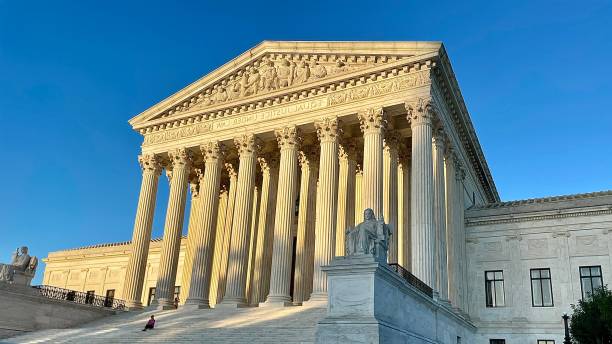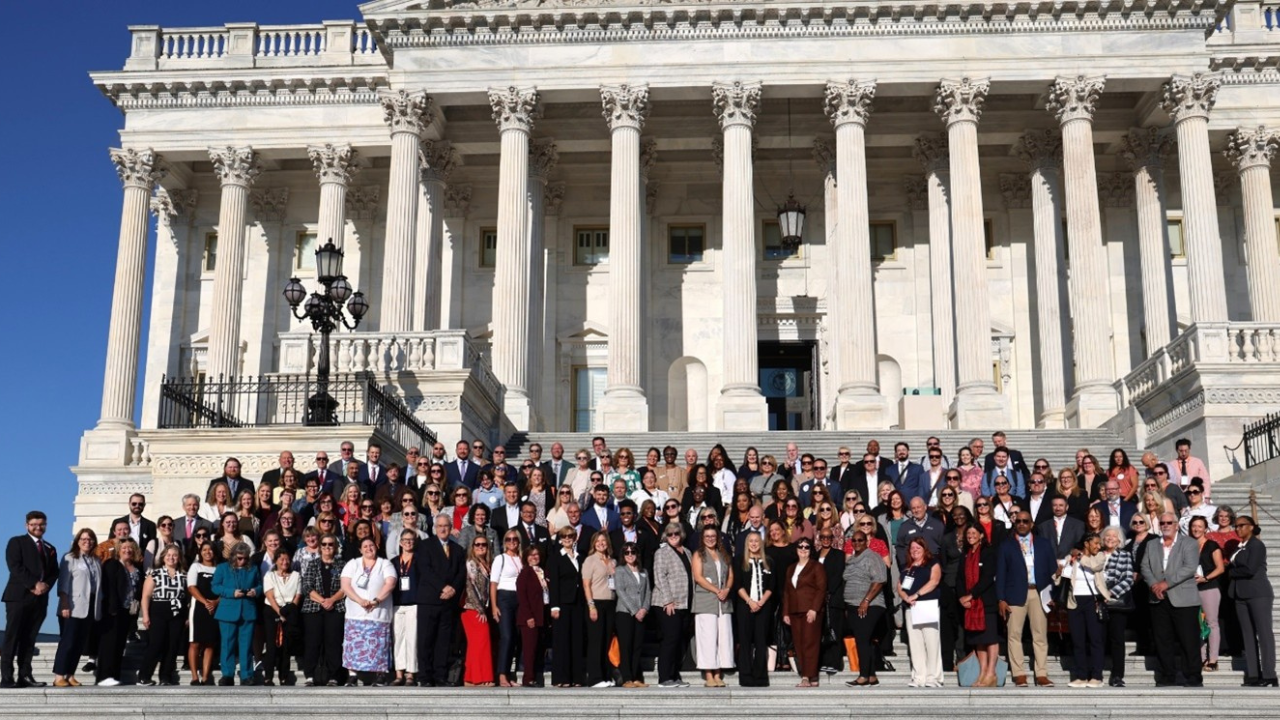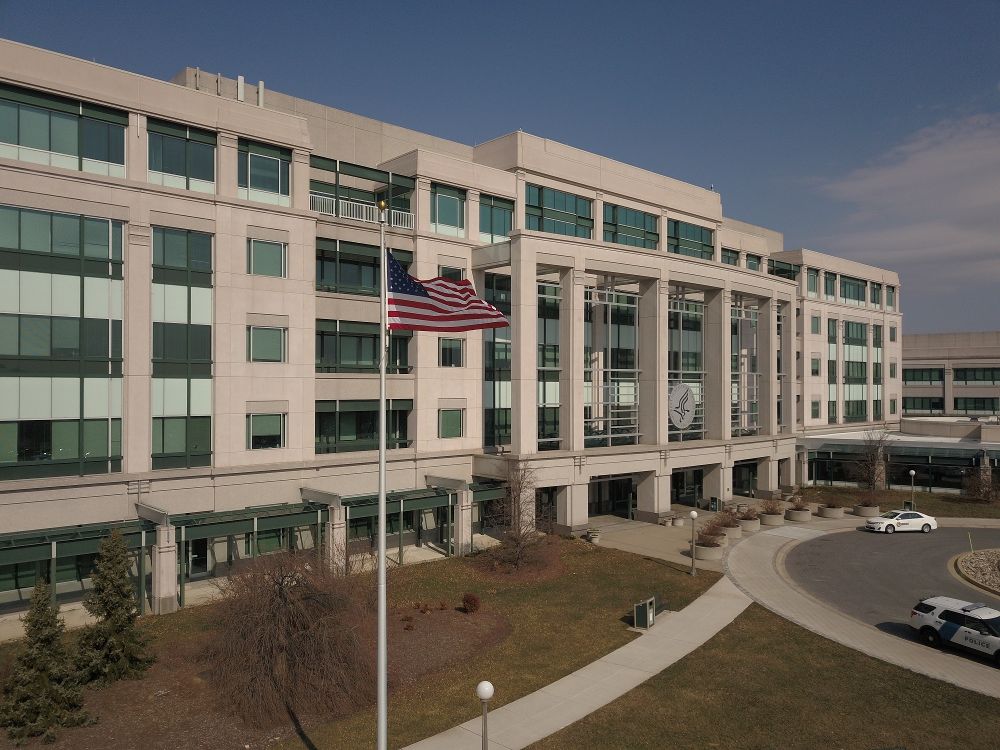Capitol Correspondence - 07.01.25
U.S. Supreme Court Issues Decision to Limit Nationwide Injunctions

Share this page
Stay Informed on the Latest Research & Analysis from ANCOR
More News
Connections - 09.30.25
Anchored in Advocacy: The 2025 Policy Summit & Hill Day

Capitol Correspondence - 09.16.25
CMS Opens Applications for $50 Billion Rural Health Transformation Program

Capitol Correspondence - 09.16.25

